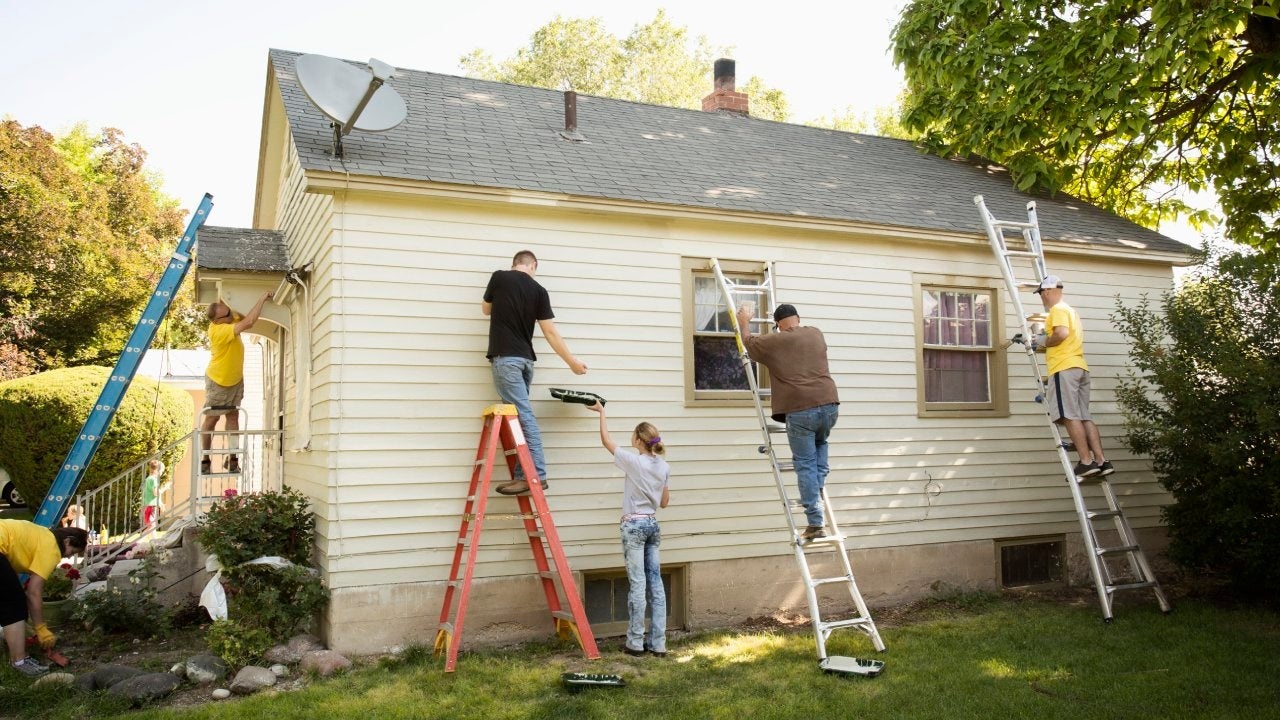Selling a home is a significant undertaking, fraught with numerous challenges and considerations. Ideally, homeowners dream of a straightforward sale where they list their property, quickly find a buyer, receive payment, and hand over the keys. However, the reality is often more complex, involving multiple factors that homeowners can either control or are beyond their control.
For example, the location of your home can greatly affect how long it stays on the market and the highest price you can realistically achieve. High-demand areas with scarce inventory typically see quicker sales and higher prices. Conversely, in locales where the market has cooled, more effort may be required to attract the right buyer.
Since the peak of the pandemic, the real estate landscape has shifted significantly. The frenzied bidding wars have largely subsided, but high prices and mortgage rates prevail, prompting many potential buyers to delay their purchases in anticipation of possible declines in rates or prices, amid economic recession fears. This has led to a more balanced market where sellers no longer have a distinct upper hand.
Given this backdrop, it's prudent for sellers to exert as much control over the process as possible to ensure a swift and profitable transaction. Engaging a seasoned real estate agent and boosting the online presence of your home are critical steps in this direction. Below is a step-by-step guide to selling your home in 2024.
1. Timing Your Sale

The journey to selling a home can span several months or more, depending on the dynamics of the local real estate market. Starting with a strategic plan is essential. Immediately after deciding to sell, begin searching for a real estate agent with proven expertise. Additionally, consider scheduling a pre-sale home inspection a few months prior to listing to identify any potential issues that could derail a sale, allowing ample time for necessary repairs.
2. Preparing Your Home

A month before listing, undertake a thorough cleaning and decluttering of your home to ensure it looks its best for photographs and showings. Minimizing clutter and possibly storing personal items offsite can significantly enhance the appeal of your space.
3. Selecting a Real Estate Agent

Research potential agents online to evaluate their experience, sales track record, and client reviews. Their online presence and quality of listing photos can also indicate their professionalism and effectiveness. While some might choose to sell their homes without an agent to save on commission fees, an agent can provide invaluable assistance with marketing, negotiations, and navigating the closing process.
4. Understanding Market Conditions

An experienced agent can provide guidance on whether costly upgrades are necessary before selling. In markets with low inventory, expensive renovations may not be required as buyers have fewer options. Simple, cost-effective updates like painting and minor landscaping can significantly boost curb appeal and attract buyers.
5. Pricing Your Home Competitively

Setting a competitive price from the start is crucial, even in a seller's market. Overpricing can lead to a stagnant listing, while underpricing might result in financial loss. Analyzing comparable sales in your area can help determine an appropriate listing price.
6. Professional Photography

Since most homebuyers start their search online, professional photos are essential to make a strong first impression. A professional photographer can highlight the best features of your home, making it more appealing to potential buyers.
7. Enhancing Online Appeal

Focus on creating a compelling online listing since this serves as the initial showing. High-quality photos and accurate, engaging descriptions can make your listing stand out.
8. Staging Your Home

Consider hiring a professional stager, especially in competitive or high-end markets, to optimize the layout and décor of your home. Staging can transform the space, making it more attractive to potential buyers.
9. Reviewing and Negotiating Offers

With your agent's help, review all offers and negotiate terms that best meet your needs. Consider all aspects of each offer, not just the price, such as buyer financing, contingencies, and proposed closing dates.
10. Closing Costs and Legal Considerations

Sellers typically pay the real estate commissions and other closing costs, which can vary. Depending on your circumstances, you might also need a real estate lawyer to navigate complex legal documents and ensure the sale complies with local laws.
Conclusion
By carefully planning each step from preparing your home for sale to negotiating with potential buyers, you can enhance your chances of a swift and profitable sale. Remember, each property is unique, and the approach to selling should be tailored to meet the specific needs and circumstances of the market and the homeowner.









.png)